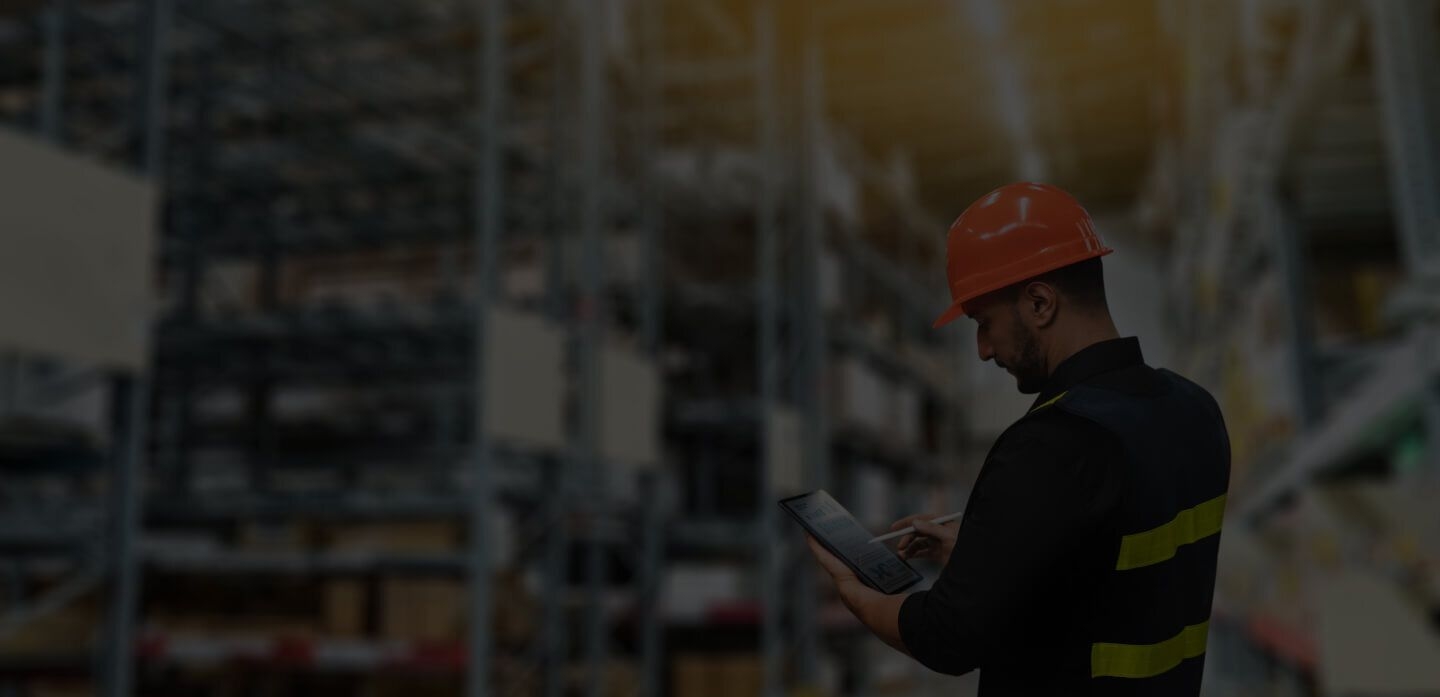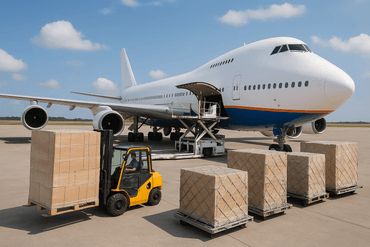
Why your NVOCC should be FMC-licensed



Choosing an NVOCC: Ensuring it is FMC-licensed
Given the sheer amount of NVOCCs in the world, choosing one right for you may prove a daunting task. How do you know which is the best one for you? The first and foremost step of such a process would be to ensure that your NVOCC is licensed by the Federal Maritime Commission (FMC).
What is an NVOCC?
Let’s begin with the basics. NVOCC stands for Non-Vessel Operating Common Carrier. Its role involves contracting ocean freight cargo and shipping lines in order to move shipments from one point to another. It establishes an agreement with carriers for a fixed number of slots on their vessels each year in exchange for low rates.
NVOCCs form the largest trade maker in the container shipping industry. It issues Bill of Ladings, assumes liabilities and responsibilities for the shipments, and may also own and operate its own or leased containers.
NVOCCs vs Freight Forwarders
NVOCCs and Freight Forwarders are OTIs (Ocean Transportation Intermediaries). But they’re not synonymous. An NVOCC can issue its own Bill of Ladings whereas a freight forwarder cannot; they can only work based on a carrier (or NVO) Bill of Lading.
Perhaps the most important difference is that NVOCCs, in certain cases, accepts all liabilities and responsibilities for the shipment. Freight forwarders, on the other hand, do not have this responsibility. Additionally, freight forwarders can act as an agent or partner for an NVOCC but the reverse is not possible.
What does the FMC do?
The Federal Maritime Commission is a US federal agency responsible for regulating US ocean borne international transportation. Established in 1961 to takeover the role of the US Federal Maritime Board, the FMC has since taken responsibility of administering regulatory provisions of shipping laws. Today, it has over 6,250 NVOCCs registered in its database.
“The Federal Maritime Commission (FMC) is the independent federal agency responsible for regulating the U.S. international ocean transportation system for the benefit of U.S. exporters, importers, and the U.S. consumer.” – FMC
What does it mean for an NVOCC to have an FMC license?
With the FMC license, the NVOCC can negotiate contracts with steam ship lines. It also allows them to have their own House Bill of Lading recognized as a carrier bill. For clients and vendors, it’s proof that the NVOCC is conducting its business legally and within US-stipulated regulations.
Why should you only work with an FMC-licensed NVOCC?
An FMC-licensed NVOCCs guarantee a certain level of protection. That’s because all FMC-licensed OTIs are required to follow strict regulations, including the Shipping Act. Otherwise, they risk facing heavy fines.
Price check
The FMC aims to prevent American exporters, importers, and consumers from unfair costs. It reviews and monitors agreements, including mergers and acquisitions among carriers to ensure that price increases, if any, are not overly drastic. In other words, it ensures that the NVOCCs set their prices correctly, according to the tariffs filed.
Support
The FMC regulations also hold the NVOCC to certain rules and processes. With an FMC-licensed NVOCC, as a shipper, you always have a place to turn to for help if you feel unfairly treated.
In case of emergency
Additionally, the FMC requires that the NVOCC puts down a bond of $75,000 upon registration. This provides a safety net for you should the NVOCC go out of business while having your cargo in their possession.
What happens if you work with non FMC-licensed NVOCCs?
This is the equivalent of hiring an unlicensed and uninsured contractor to work on your house.** If something goes wrong, you have no place to go to seek help and support**. To put it in a more drastic fashion, essentially, the only rules unlicensed NVOCCs has to worry about is getting paid and doing the bare minimum for the carrier/customs to accept your cargo since they are not tied to FMC-set regulations and obligations.
Related Articles


